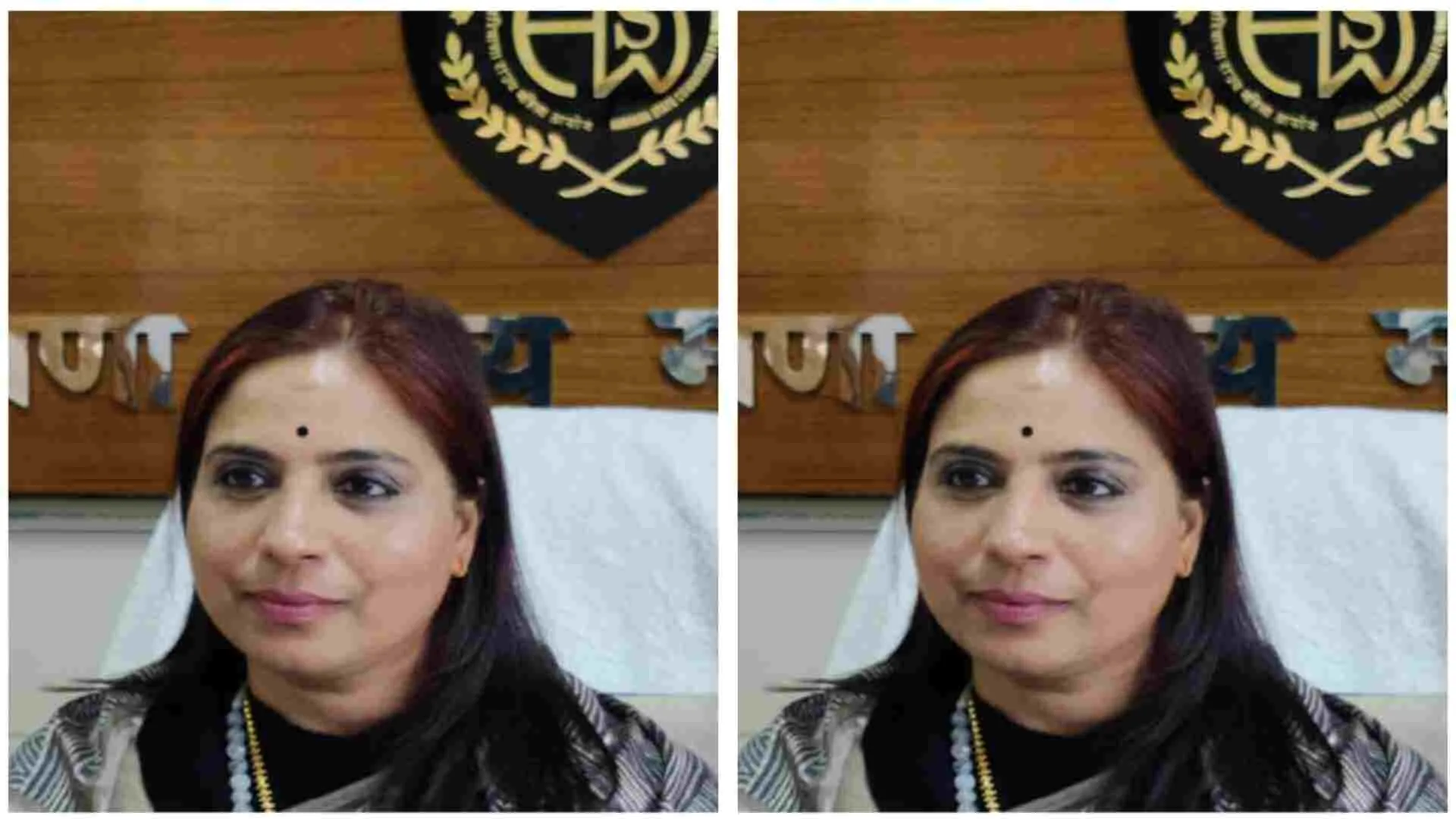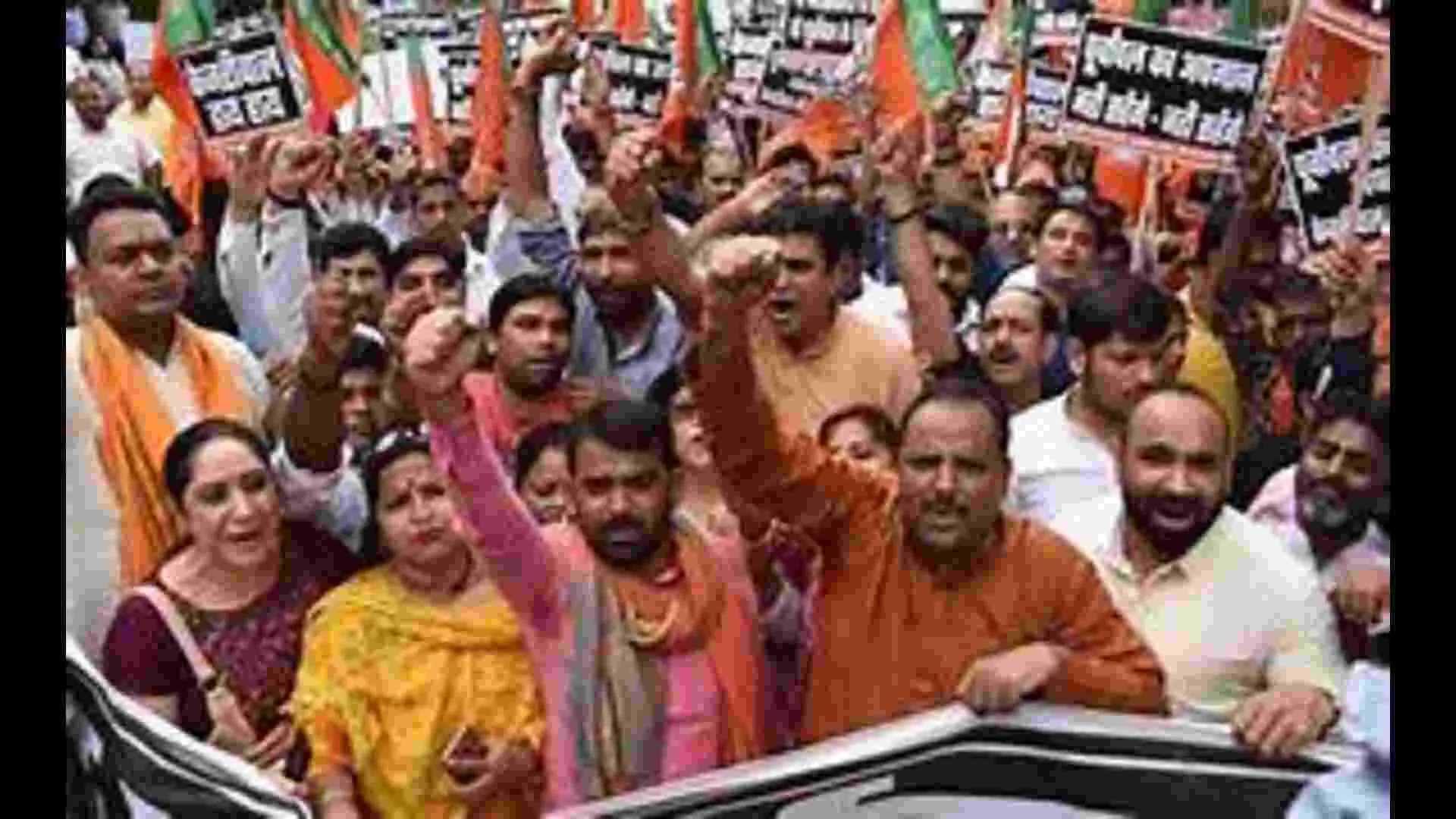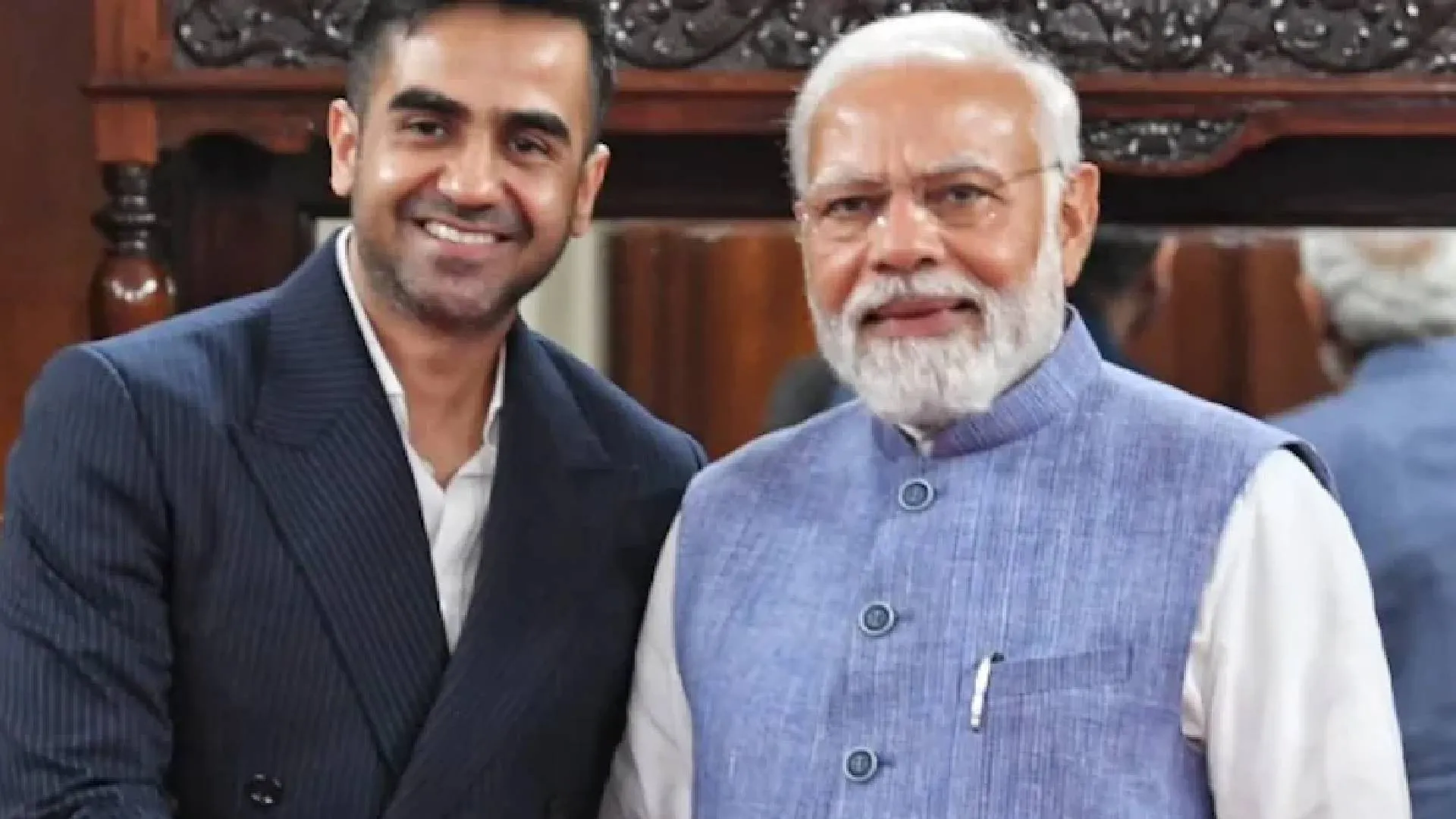India is a secular nation, with its essence woven into the national fabric, established in the Preamble and fortified by Articles 25 to 28 of the Indian Constitution. These rights allow us to practice a unique form of secularism that clearly separates religious institutions from government and actively promotes religion with minimal state interference. This constitutional framework promotes religious liberties, including ‘conscience,’ ‘practice,’ ‘profession,’ and ‘propagation.’ Public order, morality, and health must be considered if these liberties exist. However, government interference in inter-religious marriage, food choices, and faith conversions have increased. Community conflicts have plagued Haryana, Maharashtra, Manipur, and Uttar Pradesh.
The inequitable policies and the administration’s unaccountability fuel these confrontations. The rise in religious freedom restrictions, especially on interfaith marriages, food, and conversions, is notable. Discrimination at the grassroots level has drawn international condemnation for religious intolerance. Despite these concerns, it is crucial to determine if these protective measures uphold Article 25’s secularism and liberty ideals. In recent years, Gujarat, Himachal Pradesh, Madhya Pradesh, Uttarakhand, and Uttar Pradesh have criminalized ‘forced conversions.’ Can these revolutionary anti-conversion laws pass constitutionality tests? As India celebrates its 77th year of Independence, we should examine these laws’ legal and constitutional aspects. The ‘freedom of propagation of religion’ under the Indian Constitution has been debated since the Constituent Assembly. This argument, which concerns Hindu conversion to Abrahamic faiths, began in colonial times. This freedom has survived, cementing its place in Indian constitutionalism. The Supreme Court has defined the right to promote religion as spreading religious teachings from person to place or place. This right does not include the right to actively convert someone to one’s religion, as this must be balanced with freedom of conscience.
The ‘right to propagation’ affects the community, unlike’ freedom of conscience,’ which is personal. Thus, it may be limited in public order, morals, and health issues. A recent dispute in India, especially at the state level, has surrounded the definition of ‘propagation.’ Laws against ‘forced’ religious conversions were passed to protect vulnerable populations from manipulation, pressure, or seduction. Madhya Pradesh and Odisha passed these regulations in the 1960s to discourage forced, allured, and fraudulent conversions. The Supreme Court’s 1977 judgment in Rev. Stanislaus v. State of Madhya Pradesh showed that such legislation may withstand judicial challenges. While recognizing an individual’s autonomy, the Court did not outlaw conversions in this momentous ruling. Instead, it conservatively defined ‘propagation’ to exclude the right to convert others, especially by deceit and fraud. The Court found that forced conversions could increase community tensions and undermine public order. Hence such restrictions could pass the ‘public order’ test.
Like the Rev. Stanislaus case, current anti-conversion laws target ‘forcible’ or false conversions. Given present religious tensions and intolerance, these regulations seem necessary to safeguard ‘public order.’ New anti-conversion legislation is religion-neutral, reflecting a commitment to protecting the vulnerable regardless of religion. Several states have passed laws to stop coercive religious conversions, gaining popularity. However, whether this new legislation can pass the Rev. Stanislaus constitutionality test or diverge significantly is the key question. The validity of these emerging legislative measures is crucial as India balances religious freedom, communal harmony, and citizen rights. Recently, state laws addressing coerced religious conversions have complicated the topic. Prior intimation, marriage conversions, and district magistrates are new legislation features. This evolution differs from Madhya Pradesh and Odisha’s histories. Based on the Rev. Stanislaus case, these modern anti-conversion laws target ‘forcible’ and deceitful conversions. However, several of these laws have caused concerns. District magistrates must approve notices to the State in Chhattisgarh and Gujarat, although Himachal Pradesh, Jharkhand, and Uttarakhand do not. Uttar Pradesh has expanded to include all religious conversions, regardless of consensuality. These restrictions aim to reduce forcible conversions. However, their constitutionality and impact on individual rights have been questioned. Concerns about marriage increase with religious conversion. Uttar Pradesh and Himachal Pradesh ban conversion marriages and nullify them. This law restricts the right to choose a life partner and religion. These paternalistic provisions contradict the State’s recent stance on marital non-interference. These laws also create non-bailable offenses with high fines, and certain states allow victim-facing criminal procedures. This may undermine consenting adults’ autonomy by raising problems about consent and privacy for couples.
These disputes must protect the individual’s right to believe, thought, and conscience, a private and personal right. The State’s intrusion into these areas represents an overreaching government. The K.S. Puttaswamy and Shafin Jahan’s case emphasizes that human liberty and dignity are related to the right to think and believe. The Supreme Court also states that religious freedom is vital to individual liberty. Many modern anti-conversion laws may be unconstitutional, but arguments like privacy, autonomy of thinking, belief, and conscience could challenge them. Some rules addressing fraudulent or forceful conversions may correspond with Rev. Stanislaus’s case but claims marriage regulations, notices, and licenses may violate the Constitution. The legality of these religious conversion rules in India’s Constitution is disputed. Protecting against forceful or false conversions is important, but religious freedom is too. Balancing these interests requires careful consideration of constitutional standards, human rights, and the nation’s rich socio-religious tapestry.

















